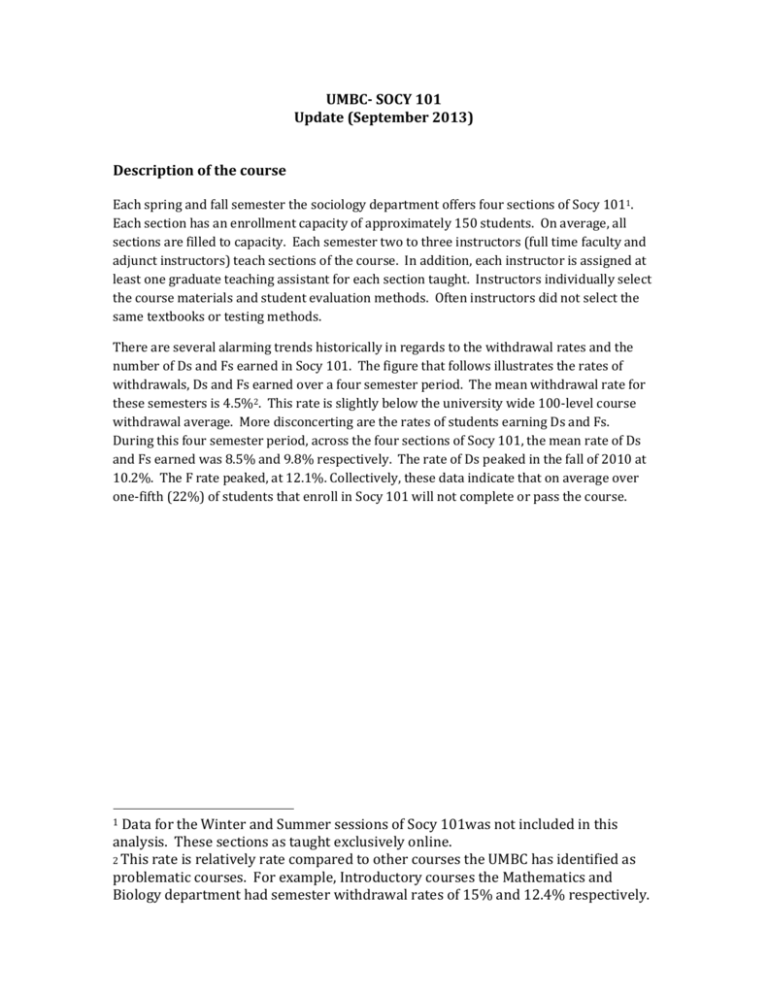Ever felt the pressure of a looming sociology final paper? You’re not alone. This seemingly daunting task can be a rewarding journey of exploration and intellectual growth. But how do you navigate the complexities of sociological thought and craft a compelling argument that leaves a lasting impression on your professor?

Image: www.slideshare.net
This comprehensive guide unpacks the intricacies of the sociology final paper, offering insights and strategies to ensure your success. We’ll delve into the fundamental principles guiding sociological inquiry, explore diverse research methodologies, and provide practical tips for crafting a well-structured and engaging paper.
Understanding the Sociological Perspective
Sociology, at its core, is the systematic study of human society. It seeks to understand the patterns of interaction, social structures, and cultural influences that shape our lives. Unlike common sense observations, sociology employs rigorous methods to uncover the underlying causes of social phenomena. Key concepts like:
- Socialization: The process through which individuals learn the norms, values, and beliefs of their society.
- Social Institutions: Established patterns of behavior and social structures that organize societal life (e.g., family, education, religion).
- Social Stratification: The hierarchical arrangement of individuals and groups based on various factors like wealth, power, and prestige.
- Culture: The shared customs, beliefs, values, and material objects that distinguish one group from another.
These fundamental concepts provide a framework for analyzing a wide range of social issues, from the impact of globalization on local communities to the changing dynamics of family structures.
Choosing a Compelling Topic
The foundation of a successful final paper lies in selecting a topic that sparks your curiosity and allows you to delve deeply into a specific sociological area. Consider exploring:
- Current events: Analyze the social implications of recent political events, social movements, or technological advancements.
- Social problems: Explore enduring societal issues like poverty, inequality, crime, or discrimination, examining their root causes and potential solutions.
- Cultural trends: Investigate the influence of emerging trends in music, fashion, technology, or social media on social interactions and identity.
- Historical events: Analyze the sociological factors that shaped major historical occurrences, such as revolutions, wars, or economic crises.
Remember, the best topics are those that align with your personal interests and contribute to a deeper understanding of the sociological landscape.
Crafting a Robust Argument
Once you’ve chosen your topic, it’s time to formulate a clear and compelling thesis statement. This statement should encapsulate your central argument and serve as the guiding principle for your paper. To strengthen your argument, consider incorporating:
- Empirical evidence: Utilize data from quantitative and qualitative research to support your claims. This can include statistics, surveys, interviews, and ethnographic observations.
- Theoretical frameworks: Integrate sociological theories to provide a lens for analyzing your topic. Key theoretical perspectives include functionalism, conflict theory, symbolic interactionism, and feminist theory.
- Logical reasoning: Build a coherent argument using sound logic, linking your evidence and analysis to your thesis statement.
Ensure that your arguments are logically sound and presented in a clear, concise, and compelling manner.

Image: studylib.net
Structuring Your Paper
A well-structured paper enhances readability and effectively communicates your ideas. Common sections include:
- Introduction: Briefly introduce your topic, state your thesis, and outline the key points you will discuss.
- Literature Review: Summarize existing research on your topic, highlighting key findings and identifying gaps in previous work.
- Methodology: Explain the methods you used to collect and analyze data (if applicable).
- Findings: Present your research findings in a clear and concise manner, using charts, graphs, or tables to illustrate data where appropriate.
- Discussion: Analyze your findings, relate them to existing sociological theories, and draw broader conclusions about your topic.
- Conclusion: Summarize the key takeaways of your paper, reiterate your thesis, and offer potential implications or recommendations for future research.
- References: Provide a complete list of all sources you cited in your paper, following a consistent citation style.
Maintaining a cohesive structure ensures that your paper flows logically and avoids disjointed arguments.
Enhancing Your Writing
To produce a captivating paper, strive for clear, concise, and engaging writing. Here are some tips:
- Strong Verbs: Use active voice and verbs that convey a sense of action and dynamism.
- Precise Language: Choose words carefully to ensure clarity and avoid ambiguity.
- Transitions: Employ transitional phrases to smoothly connect ideas between paragraphs and create a cohesive flow.
- Avoid Jargon: Define technical terms and avoid overly specialized language that may confuse the reader.
Polishing Your Paper
Before submitting your paper, it’s crucial to carefully proofread and edit for any errors in grammar, spelling, punctuation, and formatting. Consider seeking feedback from peers, a writing center, or a professor. Also, ensure that your paper conforms to all formatting guidelines specified by your instructor.
Sociology Final Paper
Conclusion
The sociology final paper is an opportunity to showcase your understanding of sociological concepts, conduct research, and articulate your own insights into societal issues. By embracing a comprehensive approach, carefully crafting your argument, and diligently polishing your work, you can create a paper that leaves a lasting impact and earns the recognition it deserves.
As you delve into the world of sociological inquiry, remember that the journey itself is as important as the destination. Embrace the process, challenge yourself to think critically, and pursue the knowledge that will enrich your understanding of the human condition.

:max_bytes(150000):strip_icc()/OrangeGloEverydayHardwoodFloorCleaner22oz-5a95a4dd04d1cf0037cbd59c.jpeg?w=740&resize=740,414&ssl=1)




